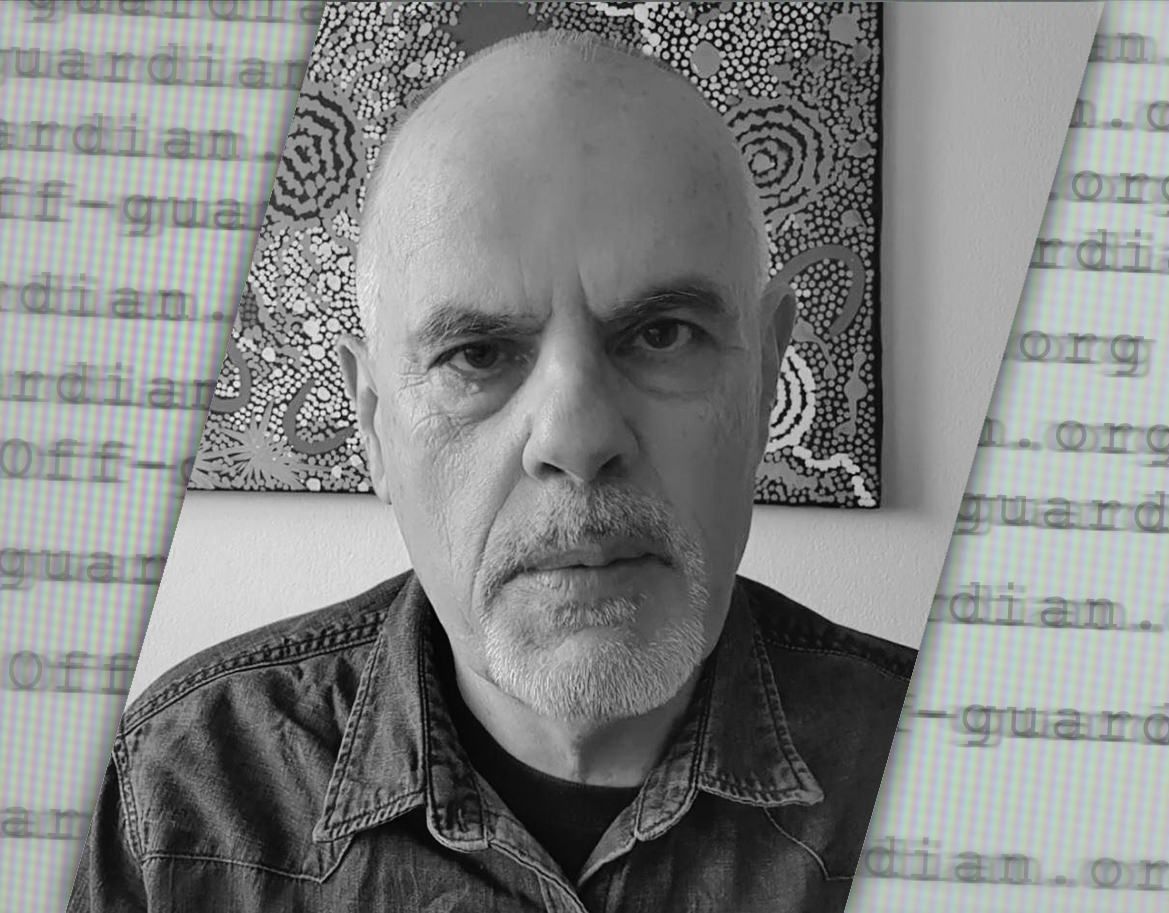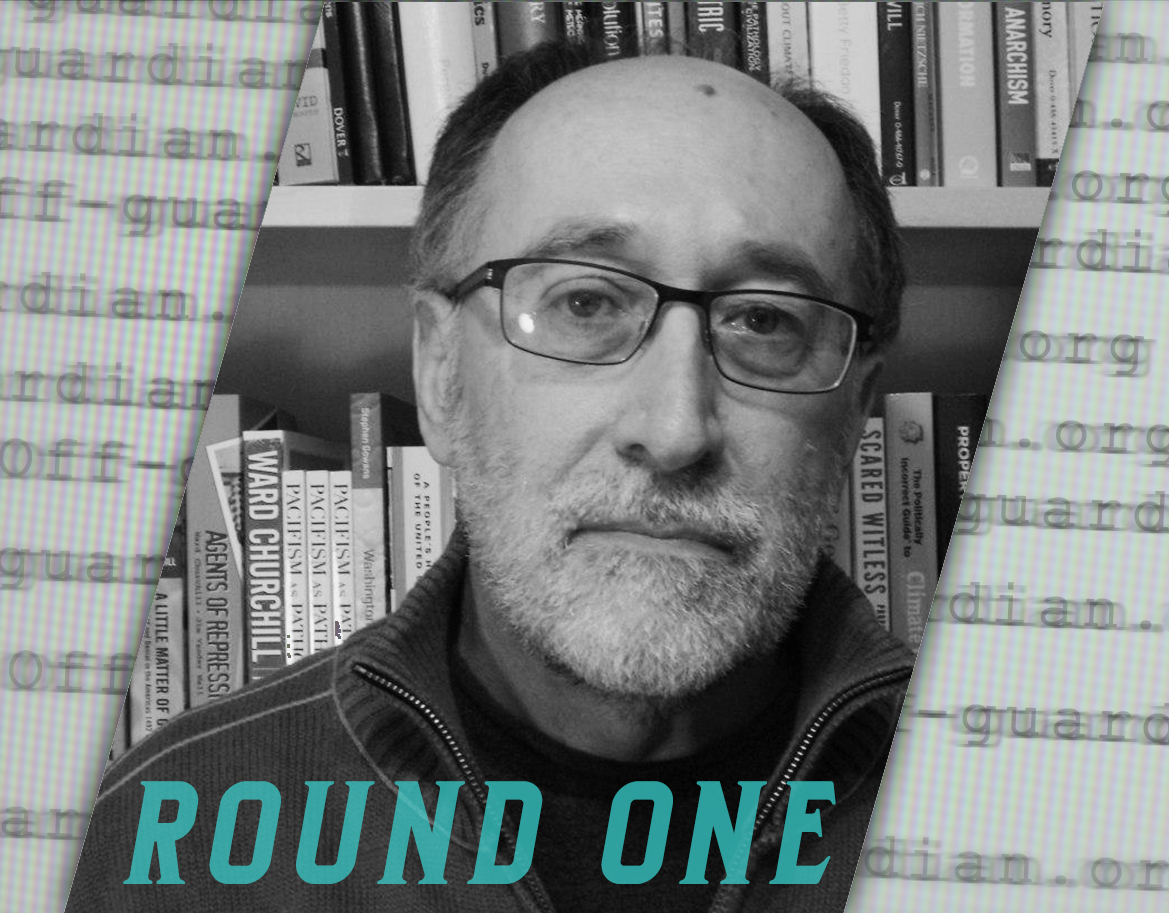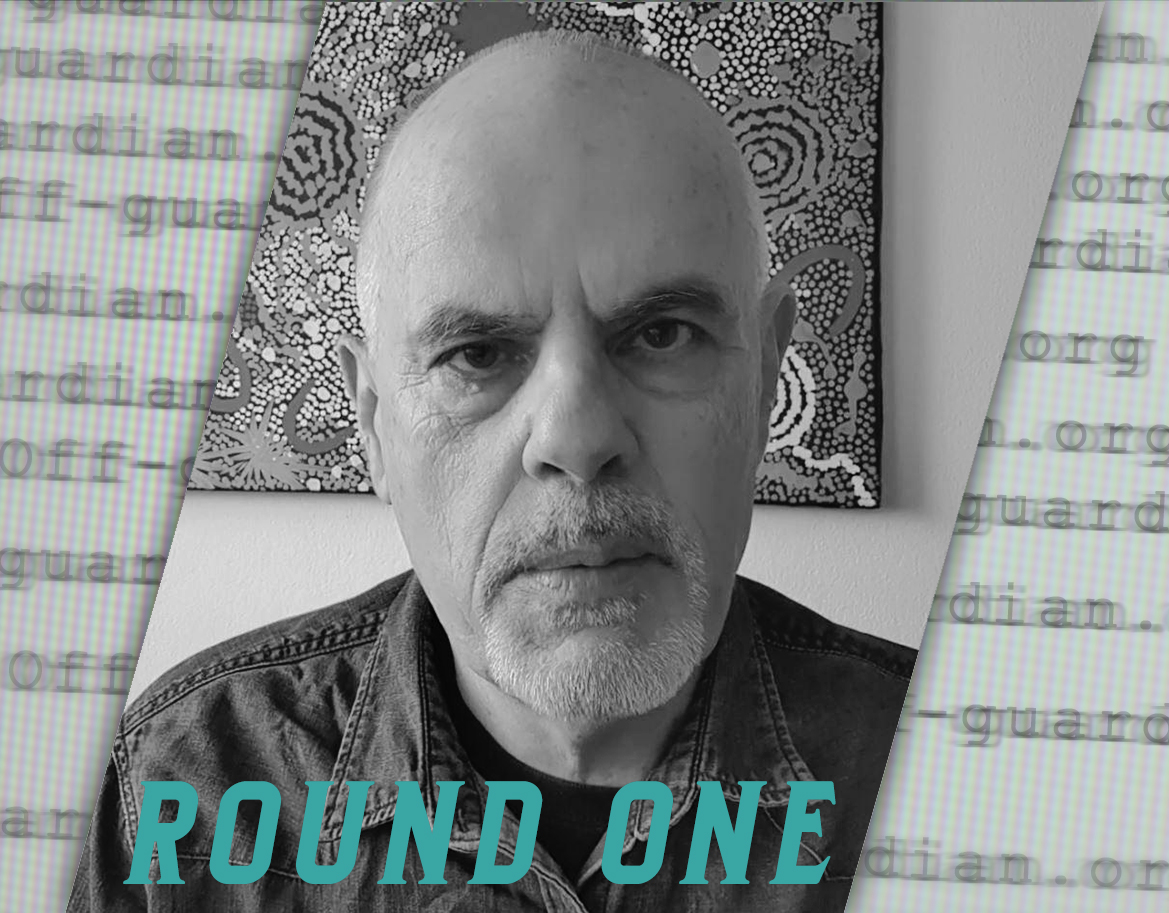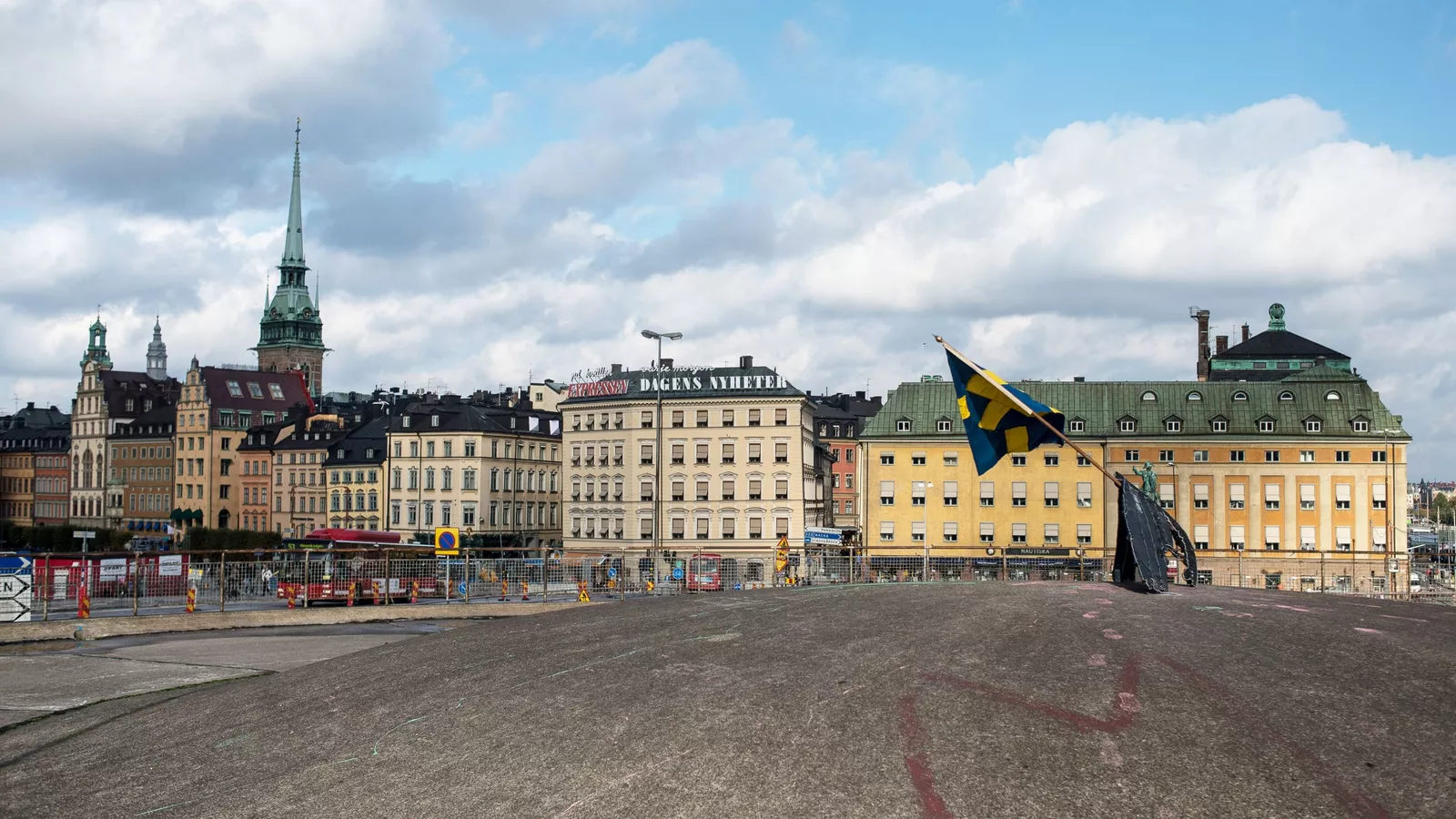Dated 18 October 2020
Dear Secretary of the Department of Treasury and Finance
I address you not by name but as the head of a major Victorian institution, the Treasury. Please do not take this letter as a reflection of
any of your personal actions but as the performance of the institution you represent – the Treasury; for you are not alone but are advised on a daily basis by a large number of highly paid executives who have been hired to advise you honestly and forthrightly about all policy matters.
I begin by noting the comment made by the Treasurer of Victoria on his Twitter account on 10 September 2020 (the day on which I was handing over my laptop and pass to the head of the Treasury’s People and Culture branch):
“These restrictions are keeping us all safe but they come at a devastating economic cost” (
). Due to the word limitations on Twitter, the Treasurer perhaps failed to mention that the Government is keenly aware of the enormous
mental health cost of the lockdowns which has led the Government to pour millions of dollars into mental health. It is also keenly aware that people are terrorised by the lockdowns and are not getting their essential health checks, which is certain to lead to an unprecedented increase in
cancer and heart disease in the coming years.
The harm caused by the virus is an Act of Nature but the harm caused by lockdowns is an Act of Man. This Open Letter is about the enormous harm being caused to Victoria
by the government (Act of Man) – not by the virus.
The Treasury, as an institution, is required to prevent such catastrophic man-made harm. That’s why I write to the Treasury, not just to the Secretary.
The people of Victoria pay millions of dollars each year to the Treasury so it can be populated with expertise from a wide range of fields, to assist the Secretary in advising the government of the day in a manner consistent with the laws of the State.
As Treasury is, above all, a trustee of the people, with only one goal: to create an economic and social environment that is conducive to the wellbeing and prosperity of all Victorians.
I do not know the Secretary’s precise salary but since Phil Gaetjens was paid $879,978 at the Commonwealth Treasury, I assume the Victorian taxpayers pay the Treasury’s Secretary at least $700,000 (Source:
Australia's best paid bureaucrat rakes in $2.5m). Such an amount is not paid to the Secretary by Victorians to merely be a Ministerial Adviser. Such advisers can, without much loss of integrity, interpret laws in a manner favourable to their political masters and even obey illegal orders – since their political aims and power games do not have to, at any point, overlap with the welfare of Victorians.
But the public service is different. Public servants are
required to provide independent, frank and fearless advice to the government of the day and to oppose all actions that breach the laws. In proving his or her advice to the Treasurer, Secretary of the Treasury is expected to actively seek advice and inputs from across his organisation. That is why the Treasury hires people like me on its rolls – not petty pen-pushers but highly qualified, trained and experienced knowledge workers.
It was widely known from mid-February 2020 that the risk of dying from COVID-19 is skewed towards the elderly, especially those – amongst them – whose immune system is compromised by other illness. Accordingly, in late February 2020, I wrote to senior executives in the Treasury with initial suggestions about how this pandemic could be managed.
I have FOI’d my precise email from the Treasury but I recall that it included words to the following effect – that the wholesale social isolation that China and Italy are implementing is not an optimal strategy to minimise harm from coronavirus. I wrote to my bosses that the data are suggesting that the young in Victoria (below 40) can go about their business without much concern, that those between 40 and 60 can wear protective equipment (masks, gloves, etc.) and go to work while taking extra precautions at all times. And that those above 60 (and those with weak respiratory systems) should mainly work from home and minimise interactions with others. In my email I advised that doing so will minimise the (inevitable and unavoidable) hit to Victoria’s GSP and minimise health costs.
I should have probably clarified the health costs issue in my email – that it would include the prevention of the loss of additional lives from non-COVID-19 issues precipitated by the lockdowns, something that I have detailed in my October 2020 book,
The Great Hysteria and The Broken State, which is available both as a print and kindle edition –
The Great Hysteria and The Broken State eBook: Sabhlok, Sanjeev : Amazon.com.au: Kindle Store.
I recall that in response I was told in writing (or at least verbally) that this was a matter purely for the DHHS. I have FOI’d that email, if any, but recall clearly a senior official coming to my desk to explain this – so it might not have been in an email.
In addition, over the many months since the Victorian Government chose to impose lockdowns that are even more draconian than the Wuhan lockdowns, I repeatedly raised concerns with my team and my bosses. Except for some off-the-record emails and phone calls with a few colleagues who were equally concerned, the Treasury bosses basically said that pandemic policy is not their business. I was steered away from raising my concerns despite raising them repeatedly and despite my extensive past experience in risk assessment as a former executive of the Victorian WorkCover Authority. Please inquire into the endless attempts I made while at the Treasury to flag my concerns. My comments were even labelled – perhaps jocularly – as a “rant” by one of the senior executives, which is fine, but who then did not bother to ask me about the reasons for my deep concern. I also shared some of the 17 articles about the pandemic that I have written over the past year in my
Times of India blog (
Seeing the Invisible Blog - Times of India Blog) within the Treasury but no executive was interested in such information. It seems everyone had been told to put blinkers around their eyes.
Original Victorian pandemic policy was consistent with the laws
Fortunately, as I discovered after my resignation from the Treasury when I started conducting research for my book, Victoria’s 10 March 2020 Pandemic Plan said pretty much what I wrote to my bosses in February 2020.
It took a risk-based approach and “focused on protecting vulnerable Victorians”. It stated that “older Victorians and people with chronic diseases are known to be at greater risk of COVID-19 infection”. And said that it would “ramp up risk reduction activity [for] at-risk groups”.
The 10 March 2020 Victorian pandemic plan also included the most important principle of all – of proportionality: to “ensure a proportionate and equitable response”. It wanted things to be “flexible and proportionate” and to “reduce [not eliminate] the morbidity and mortality associated with COVID-19”. It spoke only about flattening of the curve, not about the extreme suppression bordering on elimination that we have been seeing in Victoria – which is specifically forbidden by Australia’s biosecurity laws.
Victoria’s 10 March 2020 pandemic plan did have a strategy of workplace closures, when necessary. But any concerns one might have had about this strategy would have been alleviated because the plan also required the principles of risk and proportionality to be followed. As well, the
Public Health and Wellbeing Act 2008 imposes stern restrictions on the powers of the Chief Health Officer to close down workplaces. Any closures under Victoria’s original pandemic plan would therefore have been extremely rare and well-targeted, not indiscriminate like what we’ve seen over the past six months.
Victoria’s pandemic plan did not say that Melbourne would be converted into a city-wide prison for a moderate pandemic (that too with a ring of steel) while everyone waits at home for a vaccine to get invented, tested, approved, mass-produced and punched into every Victorian.
In other words, the 10 March 2020 Victorian plan was a well-balanced response to what was always going to be a difficult problem.
The plan was also consistent with the
Victorian Guide to Regulation, the toolkit for which is located on the Treasury’s website and which states: “It is not possible for governments to provide a completely ‘risk free’ society, or to prevent every possible event that might cause harm”. Further: “the direct and indirect costs imposed by regulatory approaches may not be … immediately obvious. Risk regulation that is poorly targeted or costly will divert resources from other priorities”.
In other words, both my February 2020 advice and DHHS’s own pandemic plan of 10 March 2020 were consistent with the Treasury’s long-established practice of risk-based and performance-based regulation.
In this regard I invite the Secretary’s attention to Section 9 of Victoria’s
Public Health and Wellbeing Act 2008 which states: “decisions made and actions taken in the administration of this Act should be proportionate to the public health risk sought to be prevented, minimised or controlled; and
should not be made or taken in an arbitrary manner”.
Nothing could be more arbitrary than the directives issued by the Chief Health Officer. Not
one of them is justified by the science – and he refuses to publish the reasons for these entirely arbitrary orders – thus breaching another requirement of the Act.
Section 8 of Victoria’s
Public Health and Wellbeing Act 2008 requires that those who impose public health measures
must provide full information and allow the public to participate: “Members of the public
should be given access to reliable information in appropriate forms to facilitate a good understanding of public health issues” as well as “opportunities to participate in policy and program development”. Sadly, despite my asking the Chief Health Officer at least 30 times, he has refused to provide or publish any reasons for his entirely arbitrary public health directives. That is because he has no reason that can stand in the court of law.
As I have continued to research the matter after my resignation it is becoming more obvious that Victoria’s lockdowns not only breach good regulatory policy practice (which the Treasury supervises on behalf of the Treasurer) but are in compressive breach of Victoria’s public health laws and a number of international covenants including the Nuremberg Code, UN’s declaration on bioethics and Article 7 of the Rome Statute of the International Criminal Court.
Regarding the risk posed by the virus, I agree that no one knew the magnitude of the risk posed by the novel coronavirus in February 2020, but by mid-April 2020 anyone with rudimentary arithmetic skills would have known that the pandemic was tracking far below initial estimates. For example, initial models (such as those based on the work of Neil Ferguson from the Imperial College) had suggested that Sweden would experience over 95,000 deaths from COVID-19 without lockdowns, with a bulk of these deaths occurring in April 2020. To date, 5,918 have died in Sweden. And, as Sweden’s State Epidemiologist Anders Tegnell regretfully admits, many, if not most of these deaths could have been averted had Sweden deployed more resources into its aged-care homes in the early days of the pandemic.
When precisely did the Treasury abandon its policy advice role?
As the Secretary can see, I have innumerable objections to the actions taken by DHHS and the Government since around the 20 March 2020 when Victoria’s pandemic plan and the laws of Victoria were abandoned. In my book I try to explain why this might have happened. Possibly, the hysteria created by the media made the situation too difficult for politicians to handle. But that is why we have hundreds of independent public servants like me, with the Secretary of the Treasury expected to provide the Treasurer with advice that he
needs to see, even when society has gone hysterical.
I am confident that had the Secretary sought to obtain formal legal and economic policy advice from the Deputy Secretaries of the Corporate Services and Economic divisions on the DHHS’s radical change in plans in late March 2020, he or she would have been in no doubt that the shift in policy was inconsistent with both the original pandemic plan and the laws of Victoria. And, having obtained such advice, the Secretary’s role would have been to advise the Treasurer against the measures being imposed in Victoria.
I was, however, not made aware at any stage whether the Treasury had put its foot down on these ridiculous and unlawful “public health” “measures” by providing formal advice to the Treasurer. Instead, I experienced what I believe is the strongest culture of groupthink that I’ve experienced in my entire life (I have elaborated this in my book).
Now, there are two possibilities.
First, that the Secretary did advise the Treasurer in writing against these policies and the Treasurer did not accept the advice. If that did happen, I believe that the Secretary and all Deputy Secretaries ought to have resigned given they are also citizens and sworn to defending the laws of Victoria and the prosperity of all Victorians. When Victoria’s laws are breached on such a grand scale, I would expect senior public servants to speak directly to the people – a task that I, a lowly paid economist, am now performing.
The second possibility is that the Secretary did not provide such advice. It is not possible for the Secretary of the Treasury to tell me that pandemic policy is not within the ambit of the Treasury’s scope of work. In my almost 15 years in the Treasury I do not recall any major public policy area on which we did not provide written advice to the Treasurer from the perspective of enhancing the prosperity of all Victorians. So, if no advice was provided then it could only happen if the Secretary chose to back-off. If that happened, was it because of a written government directive to the Secretary or was it a political decision the Secretary made – who then acted as a Ministerial Advisor to the Treasurer.
There is yet another possibility – that everything I’m saying is wrong, that everything I have written in my book is wrong, that my interpretation of the science and the laws is wrong, that my interpretation of the
Victorian Guide to Regulation is wrong – in which case I request the Secretary to publicly refute all the points I make in my book and refute the Victorian laws and Victoria’s pandemic plan of 10 March 2020 and all international covenants that I have cited.
The Secretary of the Treasury can defend his or her support for draconian lockdowns by proving to me that such lockdowns are consistent with the science and the laws and that masks are extremely beneficial when worn outdoors in the open air with no one around for tens, if not hundreds of metres. If the Treasury is able to do so, including by providing me with an appropriate cost-benefit test that confirms that there will be
only benefits from lockdowns and no additional (man-made) mental harm, deaths or reduction in lifespan from the lockdowns, then – as I have said repeatedly (in my book and on Channel 9’s Current Affairs program last week) – I will be happy to support the harshest possible restrictions in Victoria. Please do note that the precautionary principle cannot be used as a basis to implement policies that are specifically
prohibited and
rejected by science, e.g. lockdowns and mandatory masks outdoors.
There are many other things I wish to raise with the Secretary but I will not do so due to paucity of time. Instead, I request Treasury officials to read my 29,000-word book and 5,500-word paper presented to the Samuel Griffith Society (
https://sanjeev.sabhlokcity.com/Misc/PAPER FOR GRIFFITH.pdf).
I do wish to note one thing, though: that by trying to get me to remove my posts against the Police State that Victoria has become, the Secretary of the Treasury (as an institution) indicated his
direct support for police brutalities in Victoria. Please explain why the Secretary of the Treasury believes (and in particular the Executive Director who asked me to remove my criticisms) that it is necessary and beneficial to create a Police State in Victoria and attack the trust between citizens and Victoria Police – and the trust between citizens.
I look forward to the Secretary’s response that is posted on the Treasury’s website and shared with the media across Victoria and Australia. I do not have the resources to keep FOI’ing relevant information, so I request that the Treasury also publish – in the public interest and in the interest of transparency and good governance – all relevant non-Cabinet Ministerial briefs and other correspondence and internal working documents in which the Treasury has advised the Treasurer or the Treasurer’s Private Office on the legality and policy legitimacy or otherwise of the Government’s pandemic policy.
Regards
Sanjeev Sabhlok

 . Two female journalists who attend his daily news briefings have been asking him some very pointed questions. There has been call for one of them, Peta Credlin who also used to work in parliament, to be banned from the briefings. He seems to be just holding on to his temper in some of the footage of the briefings. Peta Credlin is from Sky News and the Sun Herald, the other is Rachel Baxendale from The Australian. It was Peta Credlin's questioning that has blown open the Hotel Quarantine Enquiry when she pushed for telephone records to be supplied to the Enquiry as she identified a 6 minute time frame where she felt that telephone records would show who authorised a private security firm to manage hotel quarantine. There is a support page for them
. Two female journalists who attend his daily news briefings have been asking him some very pointed questions. There has been call for one of them, Peta Credlin who also used to work in parliament, to be banned from the briefings. He seems to be just holding on to his temper in some of the footage of the briefings. Peta Credlin is from Sky News and the Sun Herald, the other is Rachel Baxendale from The Australian. It was Peta Credlin's questioning that has blown open the Hotel Quarantine Enquiry when she pushed for telephone records to be supplied to the Enquiry as she identified a 6 minute time frame where she felt that telephone records would show who authorised a private security firm to manage hotel quarantine. There is a support page for them 





 Wouldn't he be better at running a terrorist organisation somewhere?
Wouldn't he be better at running a terrorist organisation somewhere?